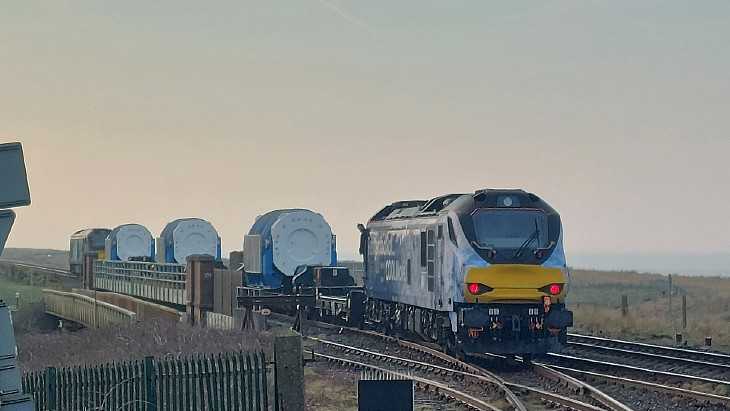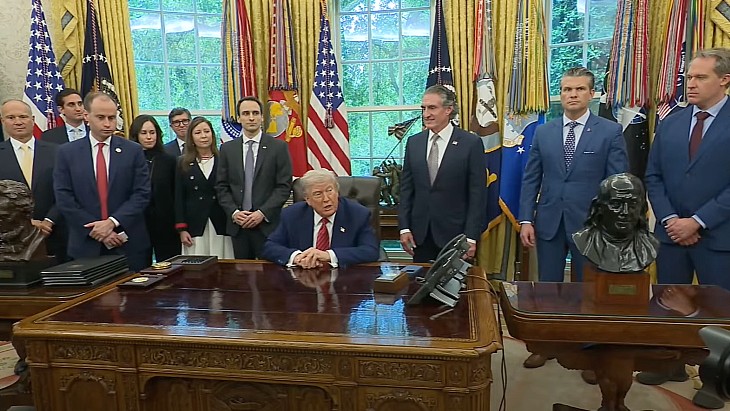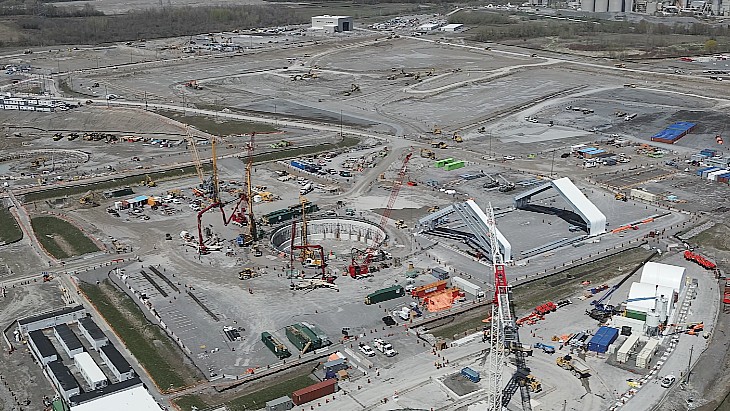Permit issued for final Grafenrheinfeld dismantling work
.jpg)
The 1275 MWe (net) pressurised water reactor achieved first criticality in December 1981 and was connected to the grid in the same month. It entered commercial operation in June 1982. As part of the 13th amendment to Germany's Nuclear Power Act, the plant lost its authorisation for power operation and was finally shut down on 27 June 2015.
In August 2011, the 13th amendment of the Nuclear Power Act came into effect, which underlined the political will to phase out nuclear power in Germany. As a result, eight units were closed down immediately: EnBW’s Phillipsburg 1 and Neckarwestheim 1; EOn's Isar 1 and Unterweser; RWE's Biblis A and B and Vattenfall's Brunsbüttel and Krümmel.
PreussenElektra applied for the decommissioning and first dismantling permit in 2014 and received it in 2018. In this first approval procedure, the company described in detail the concept for the entire dismantling of the system and the measures planned for this. PreussenElektra split the application for the individual dismantling scopes into two steps. The dismantling of the plant began in April 2018 with the granting of the decommissioning and dismantling permit. The second dismantling permit, which was granted on 20 December, for which the application was submitted in December 2019, includes the dismantling of the reactor pressure vessel and the biological shield surrounding it.
Since dismantling began at the KKG, the fuel elements have been removed from the plant, more than 12,100 components have been removed and around 3100 tonnes of material have been dismantled. This material has been dismantled, cleaned and measured several times in the waste treatment centre. The internals of the reactor pressure vessel were already completely removed as part of the first dismantling permit.
Since December 2020, all fuel elements and individual fuel rods from the operation of Grafenrheinfeld have been stored in CASTOR casks in the on-site interim fuel storage facility operated by state-owned BGZ Gesellschaft für Zwischenlagerung mbH. The Grafenrheinfeld plant is therefore nuclear fuel-free. The interim storage facility has been in operation since mid-2021 and is already being used to store residues from the dismantling of Grafenrheinfeld.
"We put a lot of effort into the multi-year approval process for the decommissioning and dismantling of the KKG," said Michael Bongartz, Managing Director of PreussenElektra's decommissioning and dismantling operations. "That's why we're happy about today's receipt of the last dismantling permit for the KKG."
"I am pleased that we have now received the approval," added Grafenrheinfeld plant manager Bernd Kaiser. "For us, this means that we can press ahead with the dismantling on schedule."
PreussenElektra GmbH is a subsidiary of German utility EOn. It is responsible for operation and decommissioning of the EOn's nuclear assets.
_17992.jpg)
_75800.jpg)









